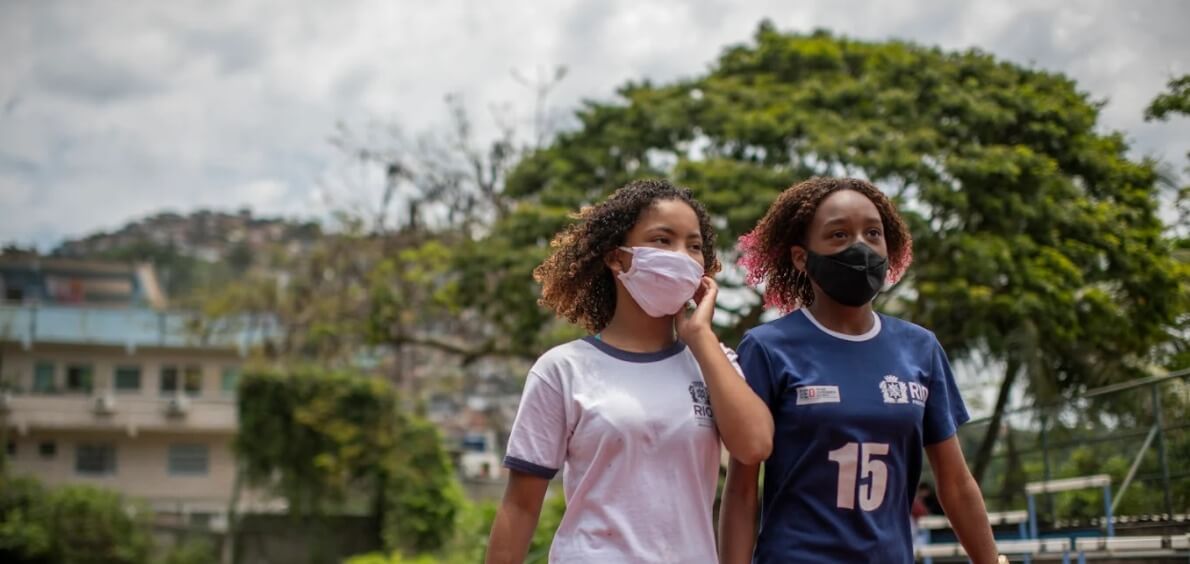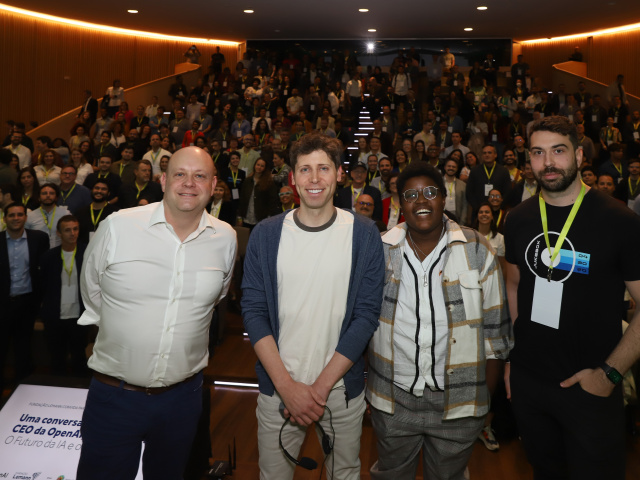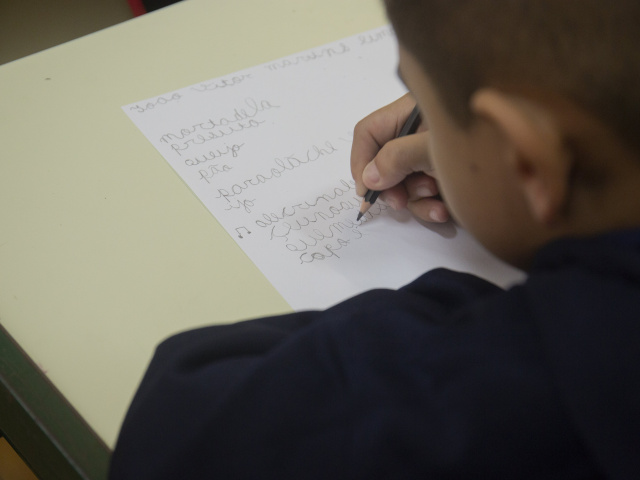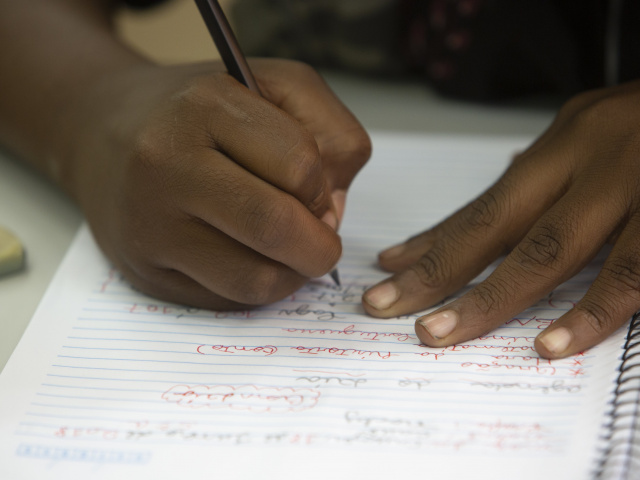ince 2018, the Lemann Foundation has been dedicated to understanding, debating and promoting anti-racist education in all its departments and across our partner ecosystem. Racial equity is a goal in our programs. We prioritize the hiring of black people and we created an internal Race Committee to promote anti-racist literacy and encouragement for black leaders, among other actions.
Given the pervasiveness and complexity of structural racism in our society, this process has yielded a lot of learning. We realized that we were not ready to map out challenges and deal with them, so it takes genuine willingness to carefully evolve in light of complex issues. There’s always a need to continuously improve one’s mindset to address this topic.
See how we have contributed to prioritizing racial equity in Brazil:
Education
Data from the Basic Education Assessment System (SAEB) extracted by Qedu Portal at the request of the Lemann Foundation indicate that, even in schools with better learning rates, inequalities between black and white children remain dormant. The same is observed among students of the same socioeconomic level; there is a performance gap between black and white students.
Therefore, the reflection and search for racial equity became a driver for all our educational programs. In 2021, we listened public network leaders, promoted anti-racist literacy meetings with our program teams and supported more in-depth diagnoses on the opportunity gap from a racial perspective.
All this is done so that networks are increasingly prepared to reduce racial inequality in learning.
Here, we learned that the fear of making mistakes and the myth that racism has no influence on learning inequalities are the main barriers to starting a dialogue. We realized that looking at the data and literacy on anti-racist initiatives is crucial to advance the dialogue.
We also became acquainted with studies and success stories from the black movement for education in Brazil and abroad. And we decided to focus our future contributions on investigating the structural levers that can support public policies to ensure equitable educational outcomes in a systemic way.
Leadership
Social inequality is one of the main challenges for Brazilian society and is deeply rooted in race. Although the majority of the Brazilian population is black (56.1%), black people are under-represented in companies, especially in top management. In the third sector, the situation is also challenging; blacks account for 46% of the workforce but they still face wage inequality.
To reverse this scenario, the Lemann Foundation Leaders Network promoted, in partnership with ID_BR , the Black Leadership Boosting Program, which includes training and monitoring to encourage professionals to join institutions and stay, as well as to project representation in senior leadership positions. Even today, there is very little consolidated data and evidence about black presence in political leadership positions.
We also promote, among the Network's leaders, a Formative Pathway of Racial Equity, to contextualize concepts like privilege and whiteness in the debate around diversity, equity and inclusion, in addition to discussing subjective elements of racism.
In addition, in 2019, we launched the second edition of Programa Alcance (Reach Program) to provide mentoring and support for black and indigenous students who want to apply for a graduate degree at the best universities in the world. With this initiative, we aim to expand opportunities so people can take different paths in life. This is our long-term commitment that serves as an incentive to increase representation and, at some point, to better reflect the demographics of our country, where black people are the majority.
Institutional
We understand that the work for racial equity happens from the inside out. Before implementing any initiative, we look for benchmarks in Brazil and around the world to define our strategy. We research different programs as we have always aimed to build a legitimate journey that respectfully considers past events. Internally, we invest in selection policies to attract black employees, and we undertake efforts to increase the number of black people in leadership positions, initially looking at those who are already on the team.
In 2020, we created diversity committees (Race, LGBTQIA+, Gender and Health and Welfare) to promote internal literacy and belonging initiatives.
In 2021, the Lemann Foundation started prioritizing the hiring of black people in a structured way, but we began the journey towards more diversity in 2018. Since then, the percentage of black and brown people in #TimaçoFL went from 22% to 32% by November this year. We are aware that we still have a long road ahead, but the first steps have been taken.
Also in 2021, we promoted development rounds focused on diversity and the "Formação Indique Uma Preta" (Recommend a Black Person Training) focused on leadership and coordination positions. And this is just the beginning.
We know there is still a long way to go, but we want to increasingly train our employees and partners as agents for reducing racial inequality in Brazil. Shall we do it together?




